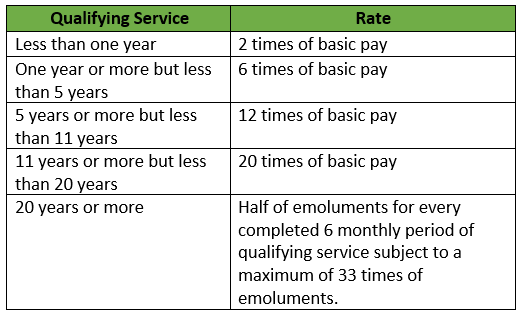Implementation of Supreme Court order on Reservation in Promotion
Ministry of Personnel, Public Grievances & Pensions
Implementation of Reservation in Promotion for Employees
The Supreme Court in Special Leave Petition (Civil) No.30621/2011 has passed the following order on 17.5.2018:-
“It is directed that the pendency of this Special Leave Petition shall not stand in the way of Union of India taking steps for the purpose of promotion from ‘reserved to reserved’ and ‘unreserved to unreserved’ and also in the matter of promotion on merits..”.
Further, in the matter related to Special Leave Petition (Civil) No.31288/2017 connected to Special Leave to Appeal (Civil) No.28306/2017, the Supreme Court held as under on 05.06.2018:-
“Heard learned counsel for the parties, Learned ASG has referred to order dated 17.05.2018 in SLP(C) No.30621/2011. It is made clear that the Union of India is not debarred from making promotions in accordance with law, subject to further orders, pending further consideration of the matter. Tag to SLP (C) No.30621 of 2011.”
Based on interim Orders/directions of the Supreme Court dated 17.05.2018 and 05.6.2018, Department of Personnel and Training vide Office Memorandum No. 36012/11/2016- Estt.(Res-I) {Pt-II} dated 15.06.2018 requested all the Ministries/Departments of the Government of India to carry out promotions in accordance with above directions of the Supreme Court on existing seniority / select lists subject to further orders which may be passed by the Supreme Court. The State Governments were advised to take necessary action in accordance with the above-mentioned orders passed by the Supreme Court.
This information was provided by the Union Minister of State (Independent Charge) Development of North-Eastern Region (DoNER), MoS PMO, Personnel, Public Grievances & Pensions, Atomic Energy and Space, Dr Jitendra Singh in written reply to a question in Rajya Sabha today
Read More ->>







 →
→








